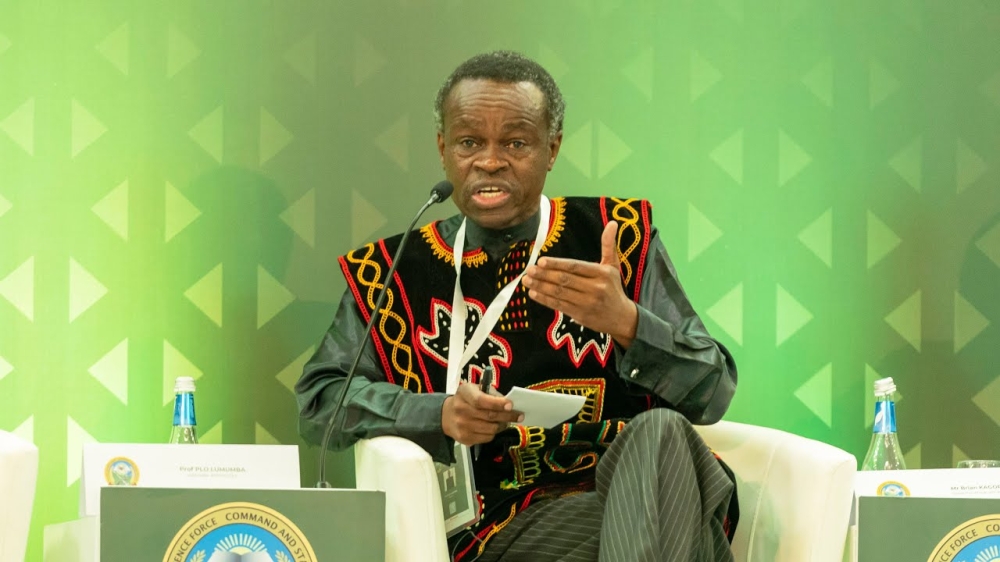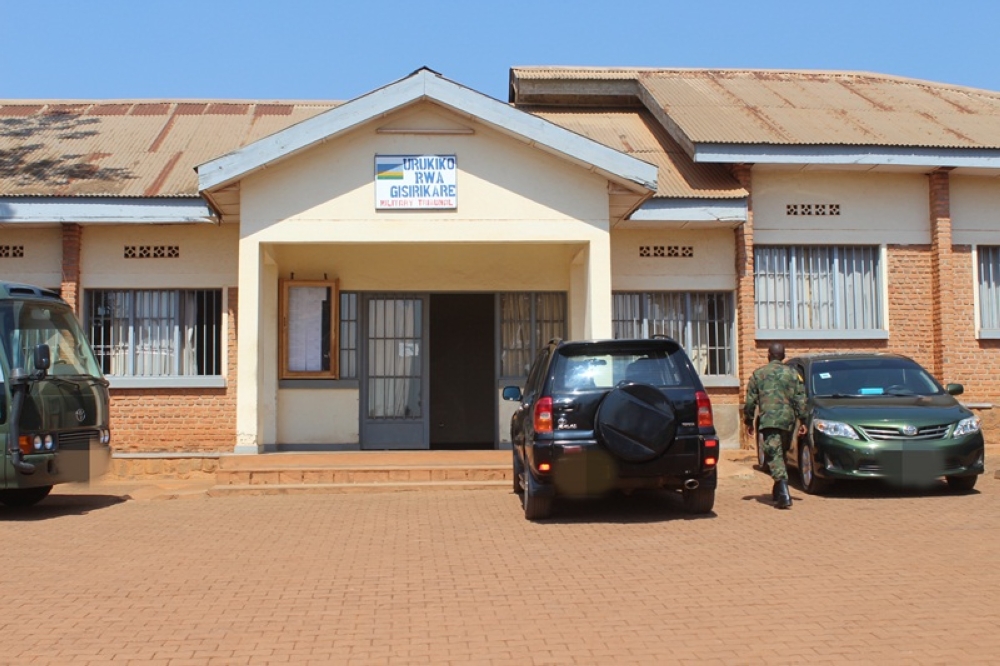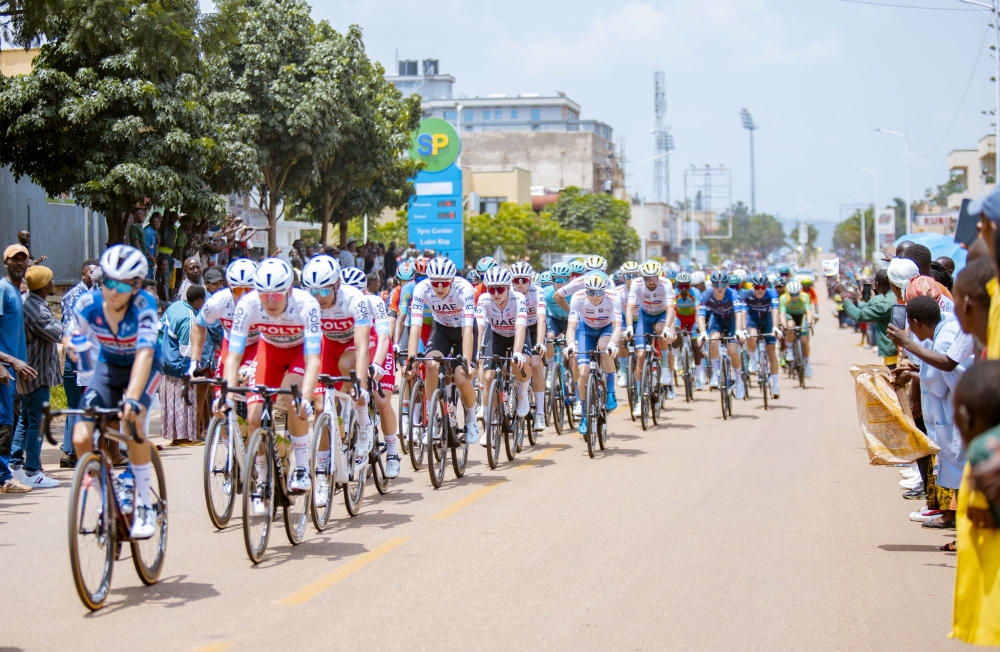There cannot be enough reasons for increasing public literacy and engagement in science and technology in Rwanda today; the media has a strong role to play in reporting on developments in the field.


There cannot be enough reasons for increasing public literacy and engagement in science and technology in Rwanda today; the media has a strong role to play in reporting on developments in the field. By enlightening policymakers and engaging the population as whole, we will indisputably reap the good fruit of say, improved health practices and better decisions for development.Despite the growth of journalism in other facets of Rwandan development, one cannot help but notice the gaping hole when it comes to science and technology, and maybe not surprisingly…Lack of trained science/tech reporters in the newsrooms may be one reason for this. I do not know of training courses at any tier of Rwandan education that is dedicated to tech journalism; training members of the media in reportage on the fields of computer science, agriculture, environment and energy is nonexistent. It might, however, be short-sighted to look at the issue only through the lens of the media. Could it be possible that scientists and lab technicians at the forefront of Rwandan research do not have formal training in communication? I do not know of a well-documented database, at the national level, of published papers put forward by researchers at different universities and laboratories. This could mean that there is limited access to researchers and their work, and hence difficult for the media to efficiently collaborate with the science/tech ‘world’. This is unfortunate because a number of note-worthy science developments go without mention or public accolade. Countries such as Senegal, Ghana and Tanzania are proactively trying to engage their science/tech sector with their media houses and policy-makers. Given the advances of ICT and social media (Facebook, Twitter) in Rwanda, there is increased room for dialogue. One step in the right direction would be to create a database that provides the media and Rwandan public access to papers published by students and researchers at various institutions. However, I believe the foundation of creating public awareness and literacy about science/tech is a well-connected science/tech community.The afore-mentioned database is essential, but in addition to that, holding seminars to review peer work is important to strengthen peer collaboration. In addition, the presence of Rwandan delegates at international science/tech conferences is equally important. There is so much to reap from peers in the field and numerous opportunities for networking that would create global partnerships; there is a need to be challenged so as to uproot scientists from their comfort zones, and possibly break a cycle of underperformance.What is your stand on the issue? Enjoy the week ahead folks…






